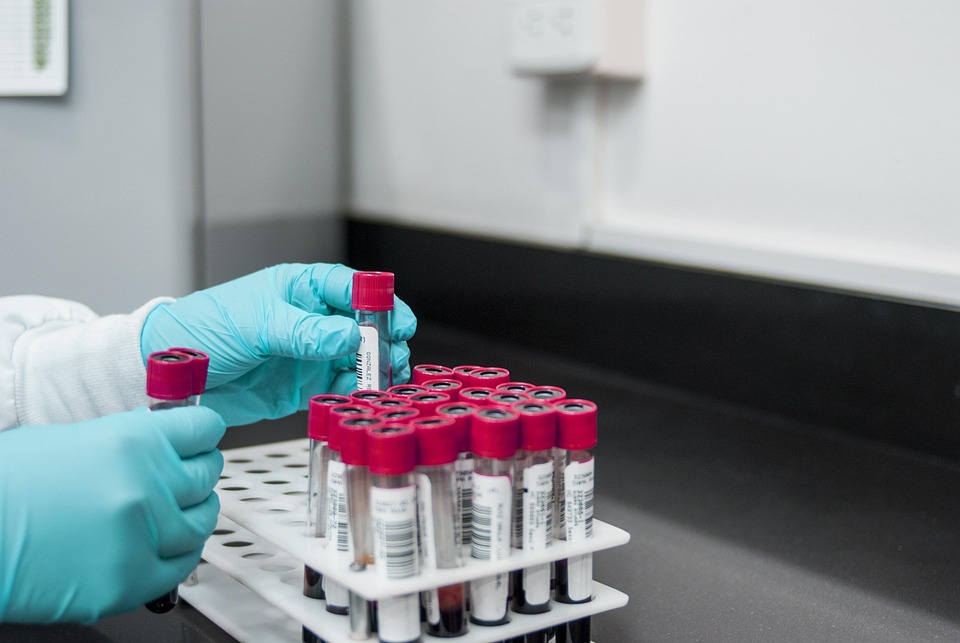The Role of Test Analysts: Essential Skills and Responsibilities
In the ever-evolving landscape of technology, the role of a test analyst is becoming increasingly crucial. As organisations pivot towards agile methodologies and continuous integration, the demand for skilled professionals in this domain has surged. Yet, despite the promising career prospects, there remains a noticeable shortage of qualified test analysts. What essential skills and responsibilities define this role, and why is it so vital for businesses today?
1. Core Competencies
At the heart of a test analyst’s responsibilities lies a robust set of skills. Technical proficiency is paramount. Familiarity with various testing tools, such as Selenium or JIRA, is often a prerequisite. However, it’s not merely about knowing how to use these tools; understanding the underlying principles of software development and deployment is equally important. A test analyst must possess the ability to translate business requirements into actionable test cases, ensuring that the software meets both functional and non-functional criteria.
Moreover, analytical skills cannot be overstated. The capacity to dissect a problem, identify potential risks, and propose effective solutions is what sets exceptional test analysts apart. As Richard Feynman once said, “The first principle is that you must not fool yourself—and you are the easiest person to fool.” This statement rings particularly true in testing, where self-awareness and critical thinking are essential to avoid the pitfalls of confirmation bias.
2. The Responsibilities of a Test Analyst
The responsibilities of a test analyst extend beyond mere execution of test cases. They are integral to the entire software development lifecycle (SDLC). This involvement begins at the planning stage, where test analysts contribute to requirement gathering and risk assessment. They must engage with stakeholders to ensure clarity and alignment on expectations, which leads to more accurate testing outcomes.
Once the testing phase commences, a test analyst’s role is multifaceted. They must design, execute, and maintain test cases, all while documenting results and identifying defects. Equally important is the communication of findings to developers and project managers. This requires not only technical knowledge but also the ability to convey complex information in an accessible manner. The interplay between test analysts and developers is crucial; as the adage goes, “A chain is only as strong as its weakest link.”
3. Emerging Trends and Future Prospects
Looking ahead, the role of test analysts is poised for transformation. With the rise of automation and artificial intelligence, the skillset required will evolve. Test analysts will need to adapt by becoming proficient in automated testing frameworks and machine learning principles. A report from the World Economic Forum highlights that by 2025, 85 million jobs may be displaced, but 97 million new roles will emerge, with an increasing focus on technology-driven positions.
As organisations embrace DevOps practices, the boundaries between development and testing are blurring. Test analysts who can bridge this gap will be in high demand. Those with a penchant for lifelong learning and adaptability will find themselves at the forefront of innovation in software quality assurance.
Navigating Your Career Path
For anyone considering a career as a test analyst, the journey may seem daunting, yet it is undoubtedly rewarding. As a profession in shortage, opportunities abound across various industries—from finance to healthcare, every sector relies on robust software to drive efficiency. Visajob.co.uk stands ready to support you in securing a position in the UK, particularly for roles requiring sponsorship. In a world where technology reigns supreme, the need for skilled test analysts will only grow, paving the way for a bright and fulfilling career.




